- Category
- Latest news
Canada-Funded Project Uncovers 136 Russian Camps Indoctrinating Abducted Ukrainian Children
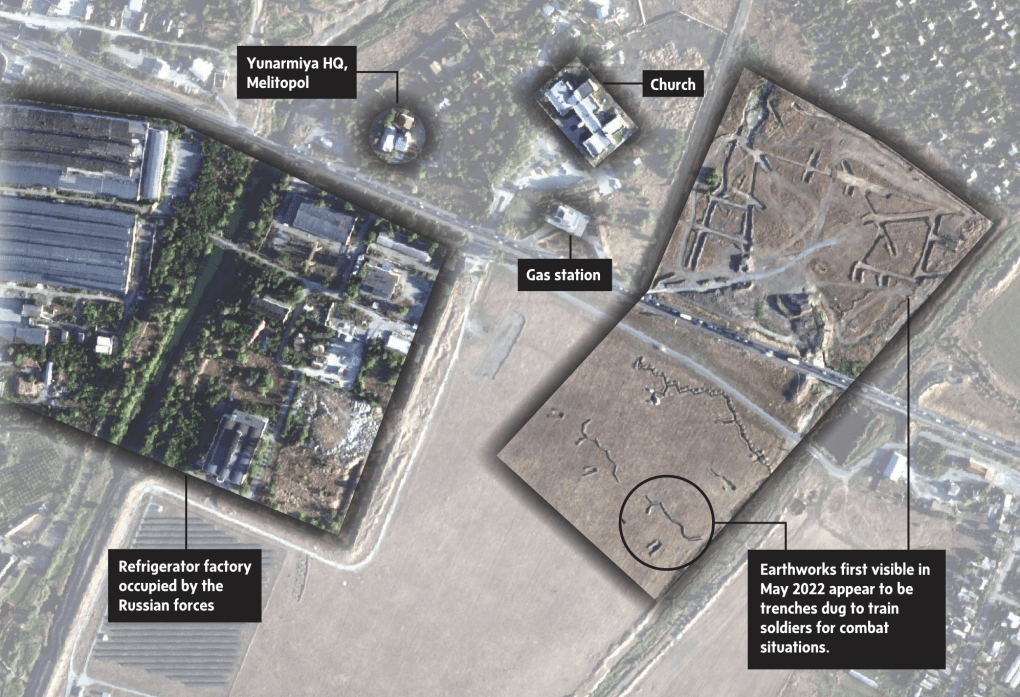
A Canadian-funded initiative, helping uncover the forced indoctrination and militarization of Ukrainian children by Russia, identified 136 facilities across Russia and occupied Ukraine where children, some as young as eight, are reportedly held.
This was reported by The Globe and Mail in an article published on May 29.
Hala Systems, a Lisbon-based tech company, received a $2-million grant from Global Affairs Canada to assist Save Ukraine, a Ukrainian NGO rescuing abducted children from occupied territories.
Through satellite imagery, mobile phone data, and open-source intelligence, Hala has pinpointed 136 locations across Russia and occupied Ukraine where children are reportedly being held. At least six of these centers are bases for Russia’s Youth Army (Yunarmiya), where Ukrainian boys are trained in firearms use, military tactics, and subjected to anti-Ukrainian propaganda. Some children were tracked moving in military formation.
The network of facilities holding Ukrainian children stretches from occupied southern and eastern Ukraine to as far as Novosibirsk in Siberia—over 3,300 kilometers from the Ukrainian border.
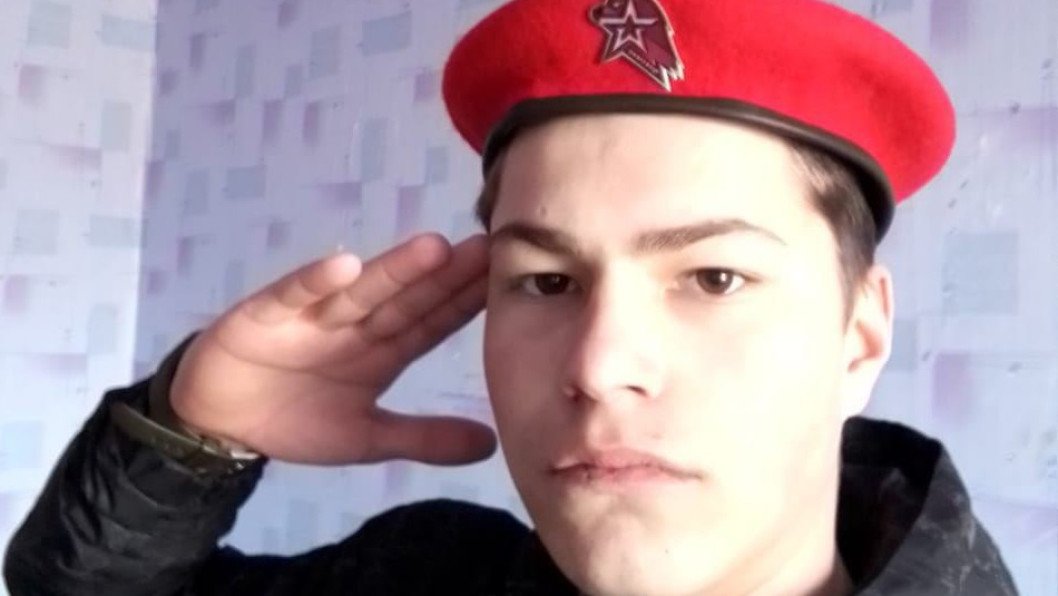
Ashley Jordana, Hala’s director of law, policy, and human rights, said the children receive daily military training, and that many are at risk of conscription into Russia’s army. Testimonies from survivors, along with photos from Kremlin media, confirm the existence of re-education programs.
“We have seen some children as young as eight that are being sent into very structured military patriotic programs,” said Jordana.
Jordana said Hala’s analysis, based on phone tracking and survivor accounts, found that cadets at Yunarmiya bases are woken at 6 a.m., given a basic breakfast, then trained in firearms use, mine clearance, and military tactics. In the afternoons, they often take part in mock-combat drills. One satellite image appears to show trenches dug at a Yunarmiya base in occupied Melitopol.
Mykola Kuleba, head of Save Ukraine , likened the network to a modern-day gulag, calling the indoctrination a systematic attempt to turn Ukrainian children into Russians. He said 129 children have been rescued using Hala’s technology since the project began last summer, but estimates tens of thousands more remain unaccounted for.
The map shows the locations where many of the more than 20,000 officially missing Ukrainian children, considered a conservative estimate by both Hala and Save Ukraine, have been taken since Russia occupied their homes.
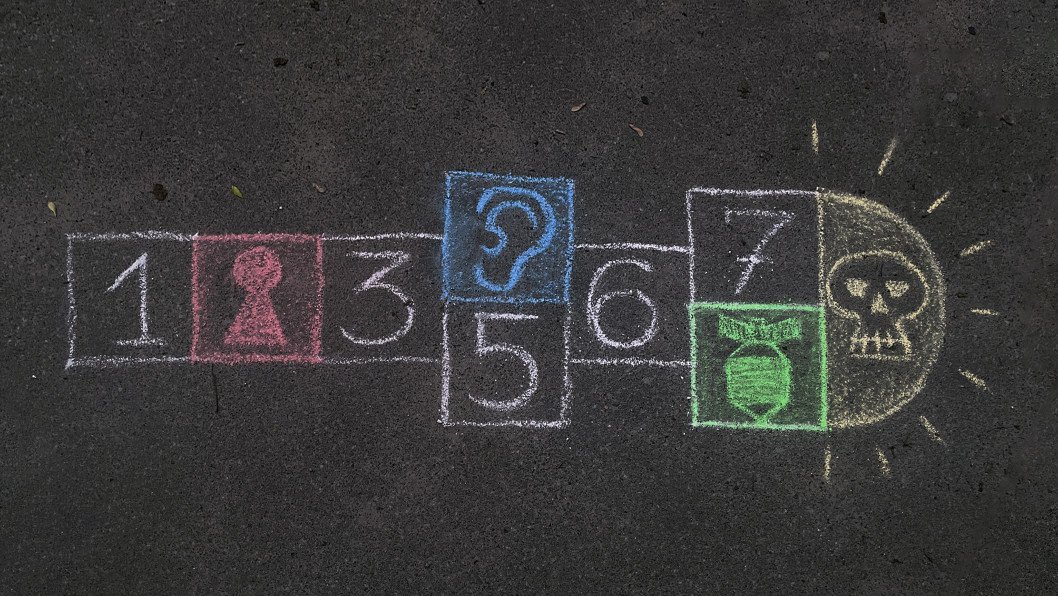
Russia has reportedly forced all residents in occupied territories to take Russian passports, putting even boys under 18 at risk of conscription. Kuleba warned that all 1.6 million children living under Russian control should be considered victims.
Hala’s work is shared with Ukrainian prosecutors, police, and the International Criminal Court. Their findings supplement what was once a broader effort, Yale University’s child tracking database, before it lost US government funding earlier this year.
“How many Ukrainian children are still in Russia? Where are they? What happened to them? Are they safe? How many of them need to escape?” Mr. Kuleba said. “This is a war for our children.”
On April 22, it was reported that the Kremlin has doubled its 2025 funding for Yunarmiya. The group has been allocated $12.3 million (1 billion rubles) this year—the highest amount since Russia launched its full-scale invasion of Ukraine.
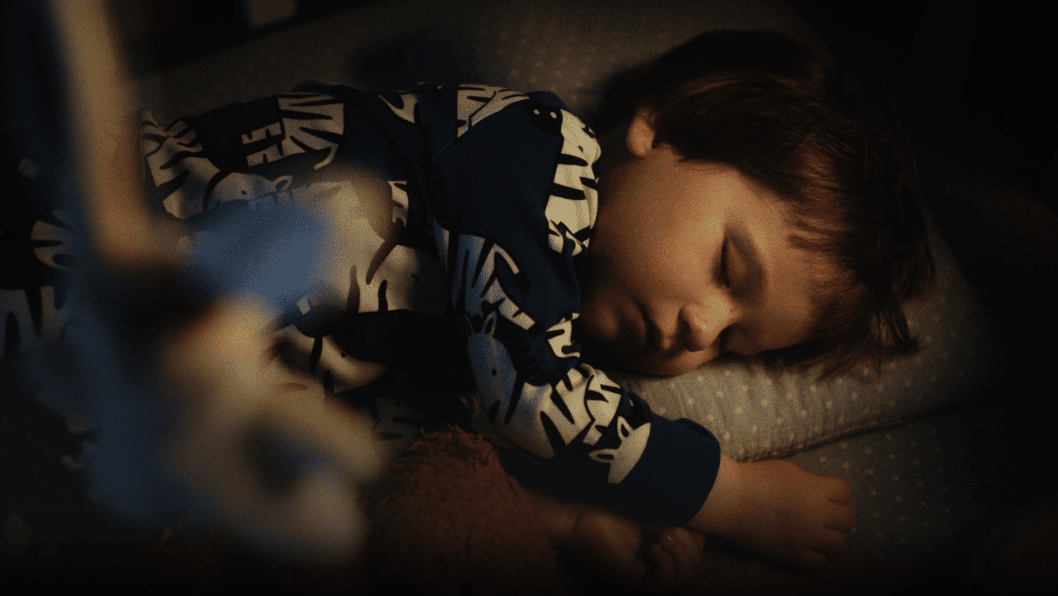
-f88628fa403b11af0b72ec7b062ce954.jpeg)
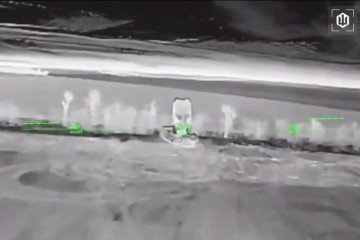
-72b63a4e0c8c475ad81fe3eed3f63729.jpeg)
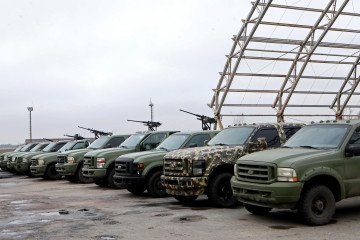
-111f0e5095e02c02446ffed57bfb0ab1.jpeg)
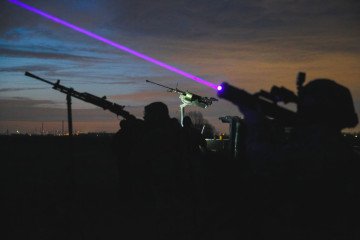
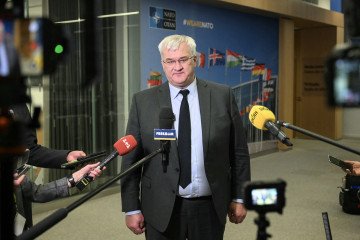
-c439b7bd9030ecf9d5a4287dc361ba31.jpg)